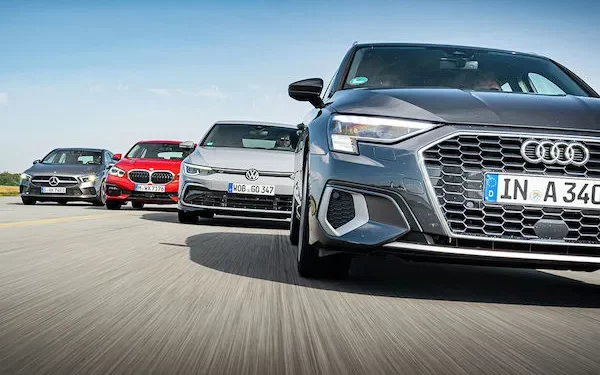German car sales rose in August, official figures published Monday showed, despite persistent supply bottlenecks which have led to hefty declines in recent months.
Just under 200,000 vehicles were registered in Germany in August, three per cent more than in the same month last year, the federal transport authority KBA said in a statement.
The increase arrests months of decline, with new registrations falling by 12.9 per cent and 18.1 per cent in July and June, respectively.
However, the rise was “simply the result of an extremely weak August last year, as well as an extra working day in August 2022”, the VDIK car importers’ federation said in a statement.
“Minimal growth in car registrations cannot hide the fact that the German car market is headed towards its worst result in 30 years,” VDIK president Reinhard Zirpel said.
He further added that monthly sales were still well below the average of recent years, while new orders had decreased significantly.
Auto manufacturers have had to deal with supply issues for months, with shortages of key components leading to intermittent production stops and a slump in sales. In particular, a shortage of semiconductors used in the vehicle’s electronic systems has slowed the industry down.
The production issues have been compounded by rising energy prices, which have dampened demand and put Europe on course for a recession later this year.
Battery-powered vehicles continued to outperform the general car market, with sales up 10.9 per cent in August on the previous year.
With slightly more than 32,000 units sold, electric vehicles represented 16.1 per cent of the car market in August.
Read also; Government to Exempt Locally Assembled Passenger Cars from VAT and Excise Duty.




